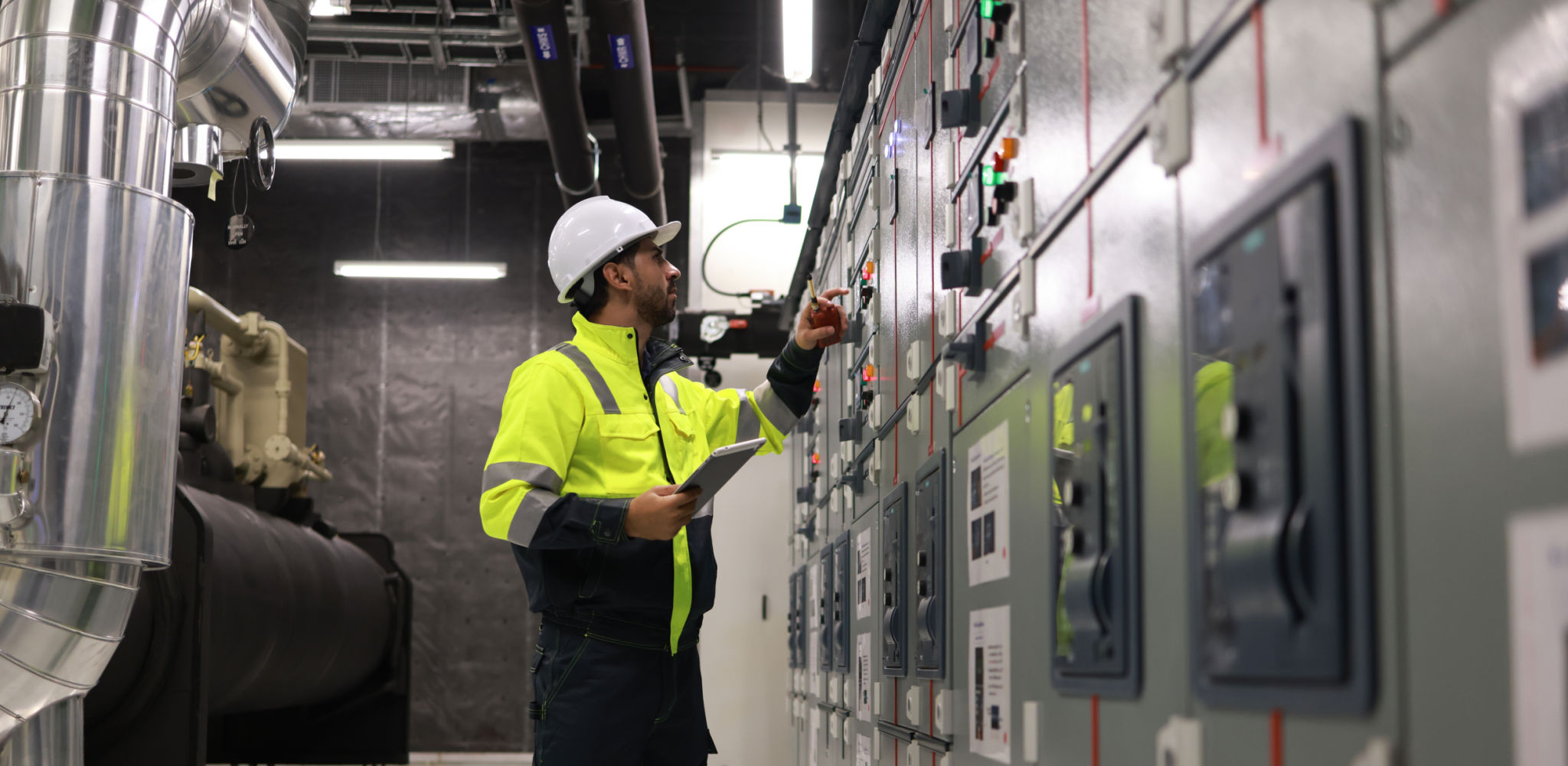Top Strategies for Development Agencies to Enhance Capacity Building
Understanding Capacity Building
Capacity building is an essential aspect for development agencies aiming to improve their effectiveness and impact. It involves enhancing the skills, competencies, and abilities of individuals, teams, and organizations. For development agencies, capacity building is not just about training but also about fostering a culture of continuous improvement and adaptability.
Development agencies need to focus on creating sustainable growth through strategic planning and innovation. By investing in capacity building, these agencies can ensure that their teams are well-equipped to handle complex projects and deliver exceptional results.

Investing in Skill Development
One of the top strategies for enhancing capacity building is investing in skill development. Agencies should prioritize training programs that address both technical and soft skills. Technical skills are crucial for project implementation, while soft skills such as communication, leadership, and problem-solving are vital for effective teamwork and client relations.
Developing a comprehensive training plan that aligns with organizational goals is essential. Agencies can partner with educational institutions or leverage online learning platforms to provide diverse learning opportunities for their teams.
Promoting a Learning Culture
Fostering a learning culture within the organization is another critical strategy. Encouraging continuous learning and professional development helps create a dynamic and adaptable workforce. Agencies should create an environment where employees feel supported in pursuing new knowledge and skills.

Regular workshops, seminars, and knowledge-sharing sessions can be effective in promoting a learning culture. Additionally, recognizing and rewarding employees who demonstrate a commitment to personal and professional growth can motivate others to follow suit.
Leveraging Technology and Innovation
Technology plays a significant role in enhancing capacity building. Development agencies should adopt innovative tools and technologies that streamline processes and improve efficiency. Leveraging technology can help teams manage projects more effectively, analyze data accurately, and communicate seamlessly.
Implementing digital solutions such as project management software, data analytics tools, and virtual collaboration platforms can greatly enhance an agency's capacity to deliver on its objectives. These tools enable teams to work more efficiently, track progress in real-time, and make data-driven decisions.

Building Strong Partnerships
Another strategy is building strong partnerships with other organizations, governments, and communities. Collaboration can lead to shared knowledge, resources, and expertise that enhance capacity building efforts. By working together, agencies can tackle complex issues more effectively and achieve greater impact.
Creating strategic alliances with like-minded organizations can also provide access to new funding opportunities and broaden the scope of projects. These partnerships can be instrumental in scaling operations and reaching a wider audience.
Monitoring and Evaluation
Lastly, implementing robust monitoring and evaluation (M&E) systems is crucial for effective capacity building. M&E systems help agencies assess the impact of their initiatives, identify areas for improvement, and make informed decisions about future projects.

By regularly reviewing outcomes and incorporating feedback into planning processes, agencies can ensure that their capacity building efforts are aligned with their overall mission and objectives. This approach fosters accountability and transparency within the organization.
In conclusion, development agencies must adopt a holistic approach to capacity building by combining skill development, fostering a learning culture, leveraging technology, building partnerships, and implementing effective monitoring systems. By doing so, they can enhance their capacity to deliver impactful projects and drive meaningful change in the communities they serve.
